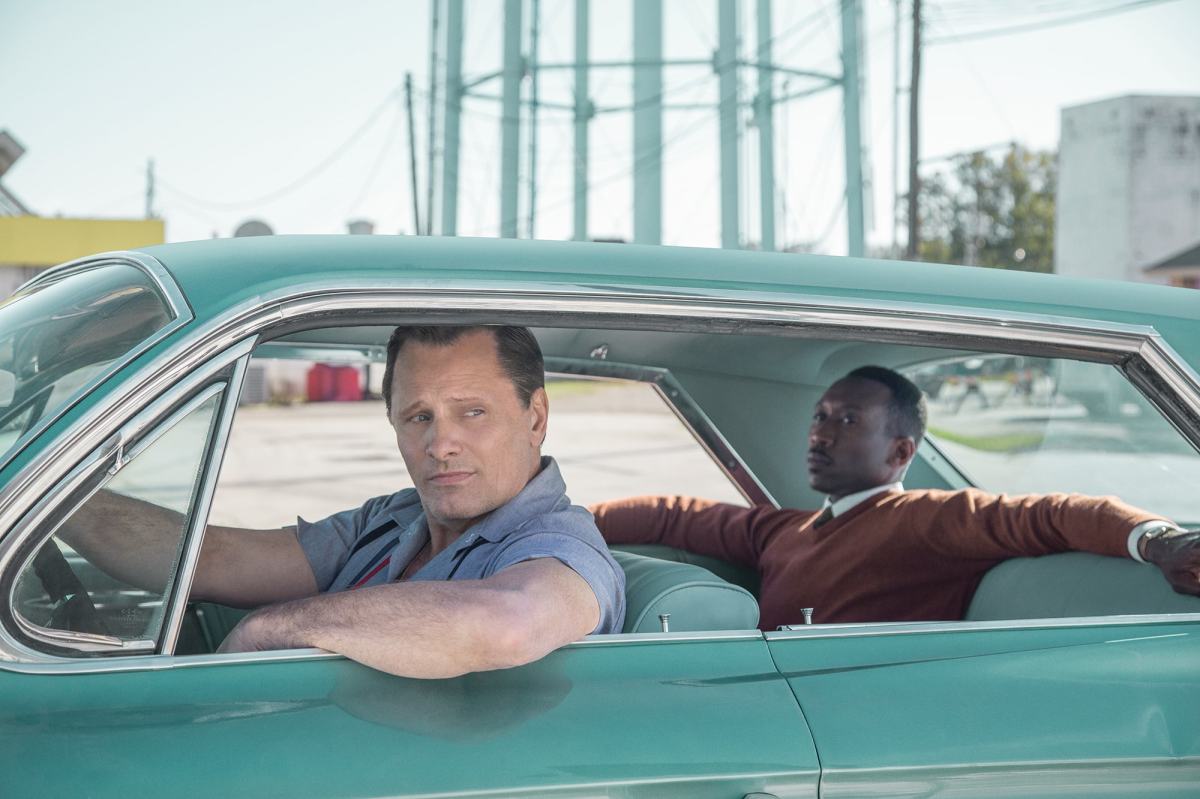Despite garnering five Academy Award nominations, Green Book is kryptonite to Italian Americans.
Indeed, with its plethora of repugnant anti-Italian tropes, this Peter Farrelly opus represents nothing so much as a vowel-inflected minstrel show.
And Viggo Mortensen’s depiction of Frank “Tony Lip” Vallelonga as a dumb-downed bouncer with Mob connections reinforces Hollywood’s institutionalized Italophobia. It matters little to the film’s creators that orchestra, concerto, a capella, opera, maestro, allegro, adagio, and pianoforte, are all the handiwork of a fine Italian mind.
Tinseltown is besotted with the schadenfreude engendered by The Godfather trilogy, Goodfellas, Casino, Donnie Brasco, Married to the Mob, Prizzi’s Honor, Analyze This, Analyze That, The Untouchables, A Bronx Tale, Shark Tale, Mafia! and The Family.
David Chase’s Sopranos prequel, The Many Saints of Newark, will continue this repellent cinematic tradition, as will Martin Scorsese’s The Irishman, a Mob flick rife with violent sausage-and-pepper thugs.
Also, let’s not forget that Spike Lee, who has received a Best Director nomination for BlacKkKlansman, rose to fame and fortune by aiding and abetting La La Land’s anti-Italian canon via Jungle Fever, Do the Right Thing and Summer of Sam.
Green Book‘s co-screenwriter Nick Vallelonga has added to such ethnic vilification, making a mockery of his father and his heritage. In one of the movie’s car-bound scenes, Tony Lip informs Dr. Don Shirley, the African-American classical pianist, that he has no problem with people who find “guineas” to be pizza-guzzling, meatball-sucking oafs.
The movie gleefully features a bevy of corpulent linguine-inhaling capos and goombahs.
In his nightclub riff about ethnicities, comedian Sebastian Maniscalco, who has a small role in Green Book, pays homage to his wife’s Jewish roots but refers to Italians as “brick-layers, not doctors.” Apparently, Maniscalco has never heard of Dr. Joseph Giordano, who headed the trauma team that saved President Ronald Reagan’s life following an attempted assassination in 1981. Nor is he aware that Dr. Francesco Crucitti saved Pope John Paul II after gunshot wounds to the pontiff’s abdomen that same year. Born in Reggio Calabria, Italy, Dr. Crucitti was the director of the Institute of General Surgery at Catholic University in Rome.
And chances are that neither Nick Vallelonga nor Sebastian Maniscalco knows that Dr. Emil Naclerio helped save Martin Luther King’s life in 1958 after the civil rights giant was stabbed with a 7-inch steel letter opener that had reached King’s aorta.
As for Viggo Mortensen, one wonders if he actually believes his boilerplate spin on stereotyping. “I’m sensitive to the fact that there’s not only a lot of great Italian-American actors out there capable of playing this role [but also] a history of memorable Italian-American characters, on TV and in movies,” he was quoted as saying. “So I didn’t want to offend anyone.”
Mortensen’s disingenuous spiel is emblematic of Hollywood’s contempt for Caesar’s heirs. Journalist Clyde Haberman has noted that “Italian Americans continue to be shown only as Mafiosi and foul-talking louts obsessed with cheating on their wives and shooting controlled substances up their noses.”
Rather than depicting Italians as a largely professional and entrepreneurial class of achievers — whose lineage includes the Pax Romana, the Renaissance, modern science, accounting, capitalism and America’s res publica — Tinseltown’s moguls have enshrined the scions of Italy as olive-oil-and-garlic Stepin Fetchits.
Whether it’s patrimony envy or embedded intolerance, such demonization should be expunged if we are to clean house and foster diversity in Hollywood. For as Filippo Mazzei explained to Thomas Jefferson: “All men are created equal.”
And if the Academy of Motion Picture Arts and Sciences is serious about bridging the diversity divide, then it should embrace an ancient Italian maxim: E pluribus unum — Out of many, one.



































